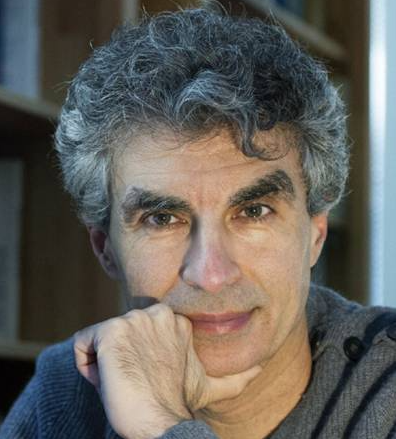
Hans-Lukas Teuber Memorial Lecture: Towards bridging the gap between deep learning and brains
Description
Connectionist ideas from three decades ago have fuelled remarkable advances in artificial intelligence research with the rise of deep learning methods. Both the older connectionist ideas and the newer ones owe a lot to inspiration from the brain, but the gap between deep learning and neuroscience remains wide. We start by reviewing some work attempting to bridge the gap between backpropagation and biologically plausible synaptic adaptation. Humans seem to be much more efficient than current AI at learning from unlabeled observations and interaction with their environment, and current machine learning systems do not seem to understand their training data nearly as well as humans. A core objective of deep learning is to come up with learning frameworks which can discover disentangled representations which explain the important variations in the data. Progress in deep generative networks based on an adversarial criterion has been impressive and we show how these ideas can be used to estimate and optimize entropy and mutual information. and how this could be used towards unsupervised learning of high-level abstractions. This follows the ambitious objective of disentangling the underlying causal factors explaining the observed data. We argue that natural language understanding cannot come from current attempts purely based on text corpora. Instead, a learning agent must acquire information by acting in the world and jointly learn a model of the world and how languge can be used to refer to it. Natural language could be used as an additional hint about the abstract representations and disentangled factors which humans have discovered to explain their world. Some conscious thoughts also correspond to the kind of small nugget of knowledge (like a fact or a rule) which have been the main building blocks of classical symbolic AI. This therefore raises the interesting possibility of addressing some of the objectives of classical symbolic AI focused on higher-level cognition using the deep learning machinery augmented by the architectural elements necessary to implement conscious thinking about disentangled causal factors.
Speaker Bio
Yoshua Bengio (computer science PhD, 1991, McGill U; post-docs at MIT and Bell Labs, computer science professor at U. Montréal since 1993): he authored three books, over 500 publications (h-index 120, more than 130,000 citations), mostly in deep learning, holds a Canada Research Chair in Statistical Learning Algorithms, is Officer of the Order of Canada, recipient of the Marie-Victorin Quebec Prize 2017, Fellow of the Royal Society of Canada, and he is a CIFAR Senior Fellow and co-directs its Learning in Machines and Brains program. He is scientific director of the Mila, currently the largest academic research group on deep learning. He is on the NIPS foundation board (previously program chair and general chair), co-created the ICLR conference (specialized in deep learning) and is scientific co-director of IVADO. He pioneered deep learning and his goal is to contribute to uncover the principles giving rise to intelligence through learning, as well as favour the development of AI for the benefit of all.
Additional Info
The Hans-Lukas Teuber Memorial Lecture is made possible by the Robert K. Yin Fund, established in 1998 by Robert K. Yin (BCS Ph.D. 1970), founder and president of Cosmos Corporation. Dr. Yin wished to commemorate the department's founder and first chairman, whose vision continues to inspire and inform the department's work. Dr. Teuber was also a consensus builder and a great teacher—attributes that are celebrated in this lecture series. Speakers include distinguished members from the neuroscience and cognitive science community, who are selected by a small group of graduate students in conjunction with a faculty member.
The MIT Colloquium on the Brain and Cognition is a lecture series held weekly during the academic year and features a wide array of speakers from all areas of neuroscience and cognitive science research. The social teas that follow these colloquia bring together students, staff, and faculty to discuss the talk, as well as other research activities within Building 46, at MIT, and around the world. This event is co-sponsored by the Department of Brain and Cognitive Sciences, the McGovern Institute for Brain Research, and the Picower Institute for Learning and Memory at MIT. Colloquia are open to the community, and are held in MIT's Building 46, Room 3002 (Singleton Auditorium) at 4:00PM with a reception to follow.

